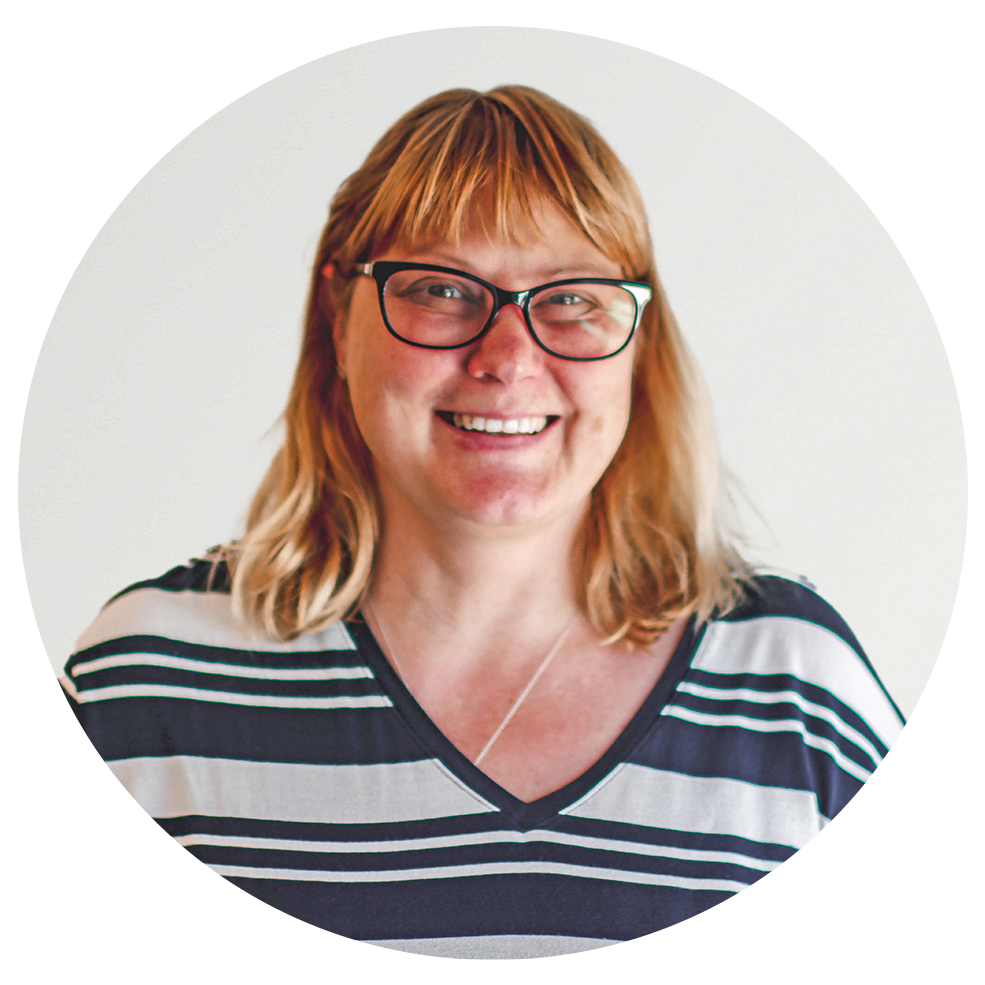AI in healthcare: Practical skills for the modern workplace
This webinar demystifies artificial intelligence for healthcare professionals who may feel overwhelmed or uncertain about AI's role in clinical practice. Moving beyond tech jargon and hype, we'll explore what AI actually is, how it works in healthcare contexts, and most importantly, how to use it safely and ethically in your daily practice.
Participants will learn practical applications for documentation, care planning, and clinical research synthesis, while addressing critical concerns about patient privacy, data security, and maintaining professional judgment. Through real-world examples from a physical therapy context, attendees will discover how AI can become a valuable thinking partner and help them reclaim time for patient care without compromising quality or ethics. The session incorporates recent ethical guidance from professional organisations to ensure responsible AI implementation.
Learning Outcomes
By the end of this webinar, participants will be able to:
- Understand AI fundamentals - Define AI in healthcare terms and identify the main AI tools relevant to clinical practice (ChatGPT, Claude, Gemini).
- Apply AI safely and ethically - Implement strategies to use AI while maintaining HIPAA/GDPR compliance, patient confidentiality, and professional standards as outlined by APTA ethics guidelines.
- Integrate AI into clinical workflows - Use practical techniques for AI-assisted documentation, assessment writing, and care planning that save time without sacrificing quality.
- Develop critical AI literacy - Evaluate AI outputs appropriately, understanding both capabilities and limitations to maintain clinical judgment and avoid over-reliance.
Meet our Experts

Cody Lee is a practicing physical therapist and healthcare AI educator who created "AI for PTs," a practical course teaching physical therapists how to strategically implement AI tools in clinical practice. With hands-on experience using AI to streamline documentation, synthesize research, and enhance clinical decision-making, Cody bridges the gap between emerging AI technology and real-world healthcare applications. He focuses on helping clinicians work smarter, not harder, while maintaining the highest standards of patient care and professional ethics.

Jenny is a senior occupational therapist. She qualified in 1997 and completed her MSc in Neuro-rehabilitation in 2007. She has worked in Neurological Rehabilitation at the Battle Hospital in Reading, and the Rivermead Rehabilitation Centre in Oxford which became part of the Oxford Centre for Enablement in 2000. She moved into the Specialist Disability Service at the OCE from where she joined the Oxford MND Centre in January 2007.
Since August 2009 Jenny has been funded full-time by the Motor Neurone Disease (MND) Association to develop NHS wheelchair services across the UK, to improve wheelchair provision for people living with MND.
People who watched this also watched...
Cellulitis – what is and isn’t cellulitis and what to do about it
Cellulitis is an infection of the skin that can occur anywhere on the body. It most commonly occurs on the lower limb. It is often misdiagnosed leading to unnecessary admissions and treatment. In this session we will cover what cellulitis is, how to recognise it, how to identify skin conditions often misdiagnosed as cellulitis and how to manage it.
Simple seating solutions: case studies from practice and experience
In this webinar, Nicky Phillips is joined by Clinical Specialist Occupational Therapist Andrew Semple, founder of the Seating Clinic in Clontarf, Dublin. Andrew is a strong advocate for simple, effective seating approaches that build occupational therapists’ confidence in seating assessment and intervention.
Together, Nicky and Andrew will explore real-life case studies, discussing the clinical reasoning and decision-making processes that led to positive client outcomes. The session will also demonstrate how simple seating changes can be implemented using practical equipment solutions.
Designed for occupational therapists and other health professionals, this webinar focuses on practical, adaptable seating solutions that can be applied across home, community, and care environments.
Beyond comfort: the clinical impact of specialist seating
Seating is more than just comfort—it plays a crucial role in supporting posture, pressure care, and overall well-being. This webinar explores the clinical considerations behind prescribing specialist seating, helping you navigate key factors such as postural support, pressure management, and individual fit. Using case-based reasoning, we’ll discuss how different seating solutions can enhance independence, reduce risk, and improve outcomes for service users with complex needs.


